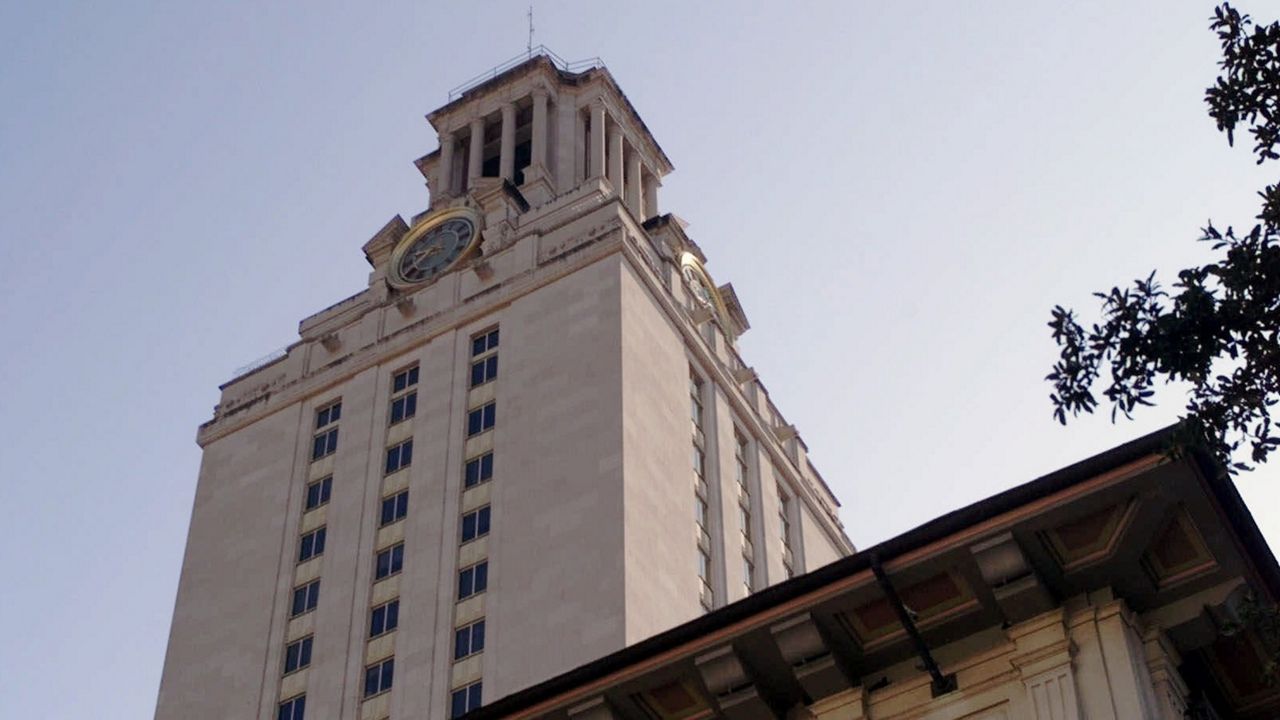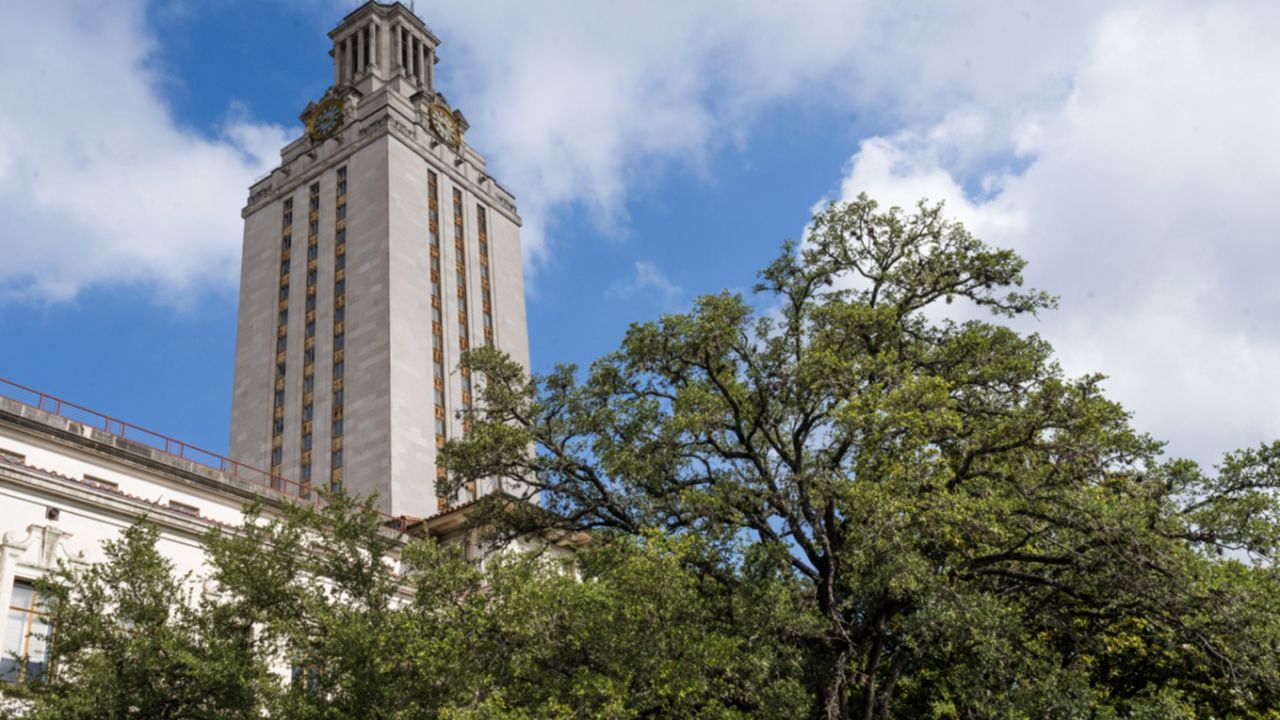More Texas universities are finding that their students’ immigration status has unexpectedly been changed or rescinded, including at a school with one of the highest populations of international students in the nation.
According to reporting from the Texas Tribune, at least 252 international students at Texas universities have seen their legal status changed in recent weeks. The University of Texas System said 176 students have been affected as of Friday at its 14 institutions.
The report comes after Texas A&M University confirmed to Spectrum News last week that 15 students had their records terminated from the Student and Exchange Visitor Information System (SEVIS) database, a program that tracks international students’ status in the U.S.
The Texas A&M University System said this week that 38 of its students have been affected, including 23 at Texas A&M University in College Station, nine at Kingsville, three at Corpus Christi, and one each at Prairie View A&M, Texas A&M University Texarkana and Texas A&M International University in Laredo.
Last week, reports said 19 students from the University of Texas at Dallas and 27 students from the University of North Texas were also removed from the database. UNT ranks in the top 25 universities in the country for international student enrollment, with over 8,000 international students enrolled.
In addition, six students from Texas Women’s University and three students at Texas Tech University had their visas revoked.
Ten students at the University of Texas at El Paso were also affected, according to the Tribune's report.
Nine international students at the University of Texas Rio Grande Valley had their SEVIS records terminated by federal authorities, the university told Spectrum News in a statement last week.
“We have alerted the affected students and are committed to providing guidance within the parameters of law,” a UTRGV spokesperson said.
In a separate statement, the University of Houston said it had “a small number” of international students impacted by SEVIS terminations and/or visa revocations as of March 25, but did not specify how many.
UH spokesperson Bryan Luhn said last week that the university would notify students of the changes and encouraged them to stay in contact with the school’s International Student and Scholar Services Office (ISSSO).
The University of Texas at Arlington confirmed last week that 27 students had their visas revoked.
What does visa revocation/SEVIS removal mean?
When an international student’s visa is revoked, they are unable to leave and re-enter the country, but they can continue their studies while they reapply. If residency status is removed, students can be at risk of detention by immigration authorities if they don’t immediately leave the country.
Those who are removed from the SEVIS database lose authorization to work on or off-campus, and are unable to re-enter the U.S. until they reapply and are approved. They are also susceptible to investigation by Immigration and Customs Enforcement (ICE) agents.
The Trump administration has targeted international students across the country who have protested in support of Palestine or have been critical of their school’s role or stance on the Israel-Hamas war. But students with no known connection to the protests have also been increasingly targeted.





